| North American auto leaders have a lot on their mind — and on their plate |
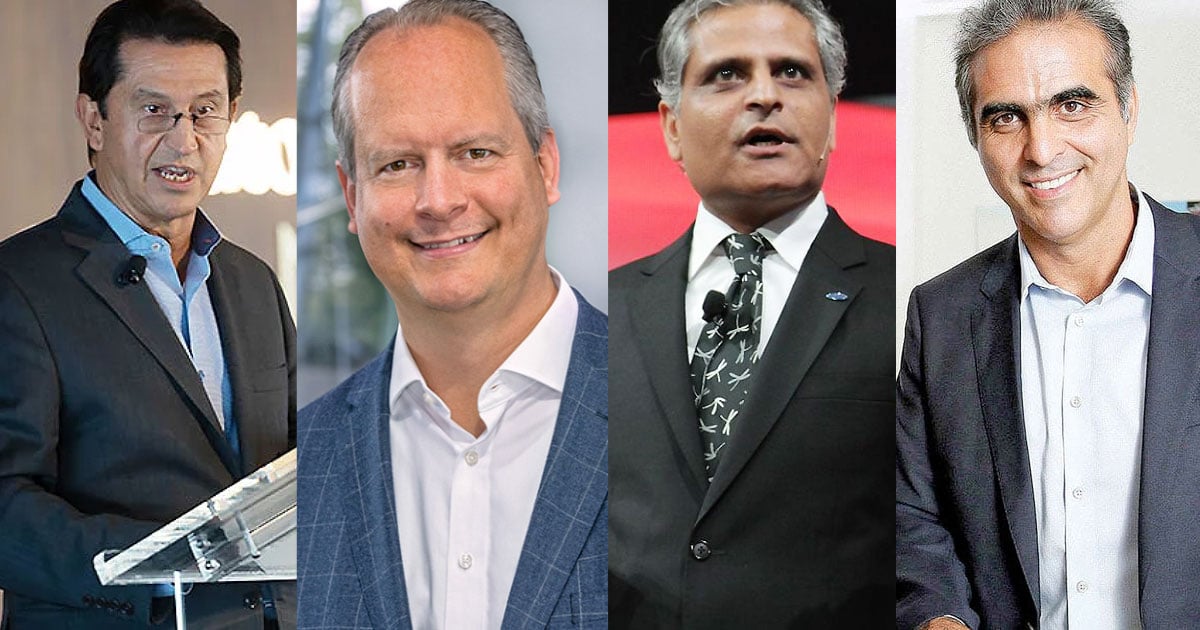
In this week’s issue, and also next week’s, we offer in-depth interviews with some of the top North American auto executives.
Every year, we sit down with the industry’s North American chiefs to give readers a glimpse of the leadership thinking inside key brands.
This week, it’s Jose Muñoz, CEO of Hyundai and Genesis Motors North America; Sebastian Mackensen, CEO of BMW North America; Kumar Galhotra, president of Ford Blue; and Pablo Di Si, CEO of Volkswagen Group of America.
That have a lot to talk about because each of their companies is in a state of change.
Hyundai is attempting to create a pipeline of U.S.-made electric vehicles, despite the headwinds the automaker is feeling from the U.S. government in the tax rules of the Inflation Reduction Act.
At BMW, Mackensen posed a question that’s surely weighing on the mind of every manager in the auto business: “How do you do even more things simultaneously?” Just to name a few things, he pointed up the transformation of BMW’s vaunted internal combustion portfolio into a battery-powered one, implementing new digital channels for retailing and meeting tougher U.S. emission regulations.
At Ford Blue, Galhotra told us that he is reviewing plans to improve his cost structure. Ford Blue was established 16 months ago to focus on Ford’s traditional vehicles, such as the profit-generating F-150 and the popular Bronco, while Ford’s other unit focuses on getting its new electric endeavors up on their feet.
Galhotra got the easy part of the deal, right? Hardly. He tells us he’s now looking for cost improvements all over the enterprise. Two examples: eliminating 2,400 parts from the F-150 and reducing the number of different harnesses used in the Explore from 500 to fewer than 20.
Volkswagen’s Di Si tells us that VW is working on ways to get new products to market faster. That’s important for positioning its retailers when a segment is hot. But in the meantime, he said, he’s meeting with retailers to help create a better-operating Volkswagen, with better logistics and financing and leasing.
These changes are taking place as the industry awakens from more than three years of marketplace crazies and manufacturing disruption.
And really, the number one thing all four leaders have in mind: making the most out of the coming industry surge.
 |
|---|
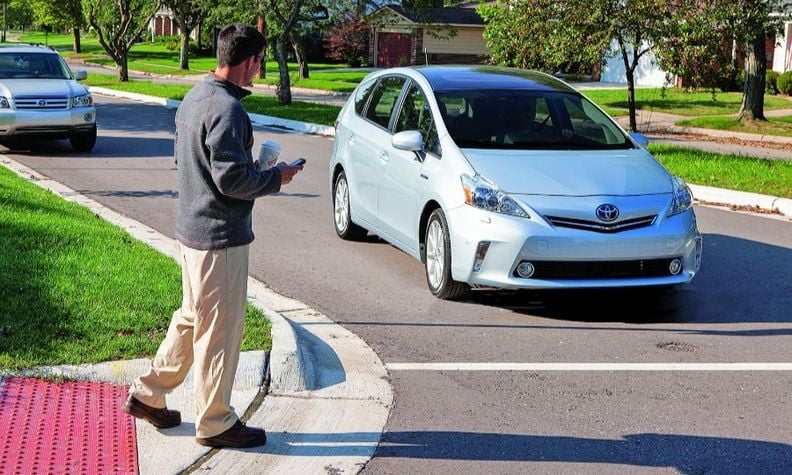
“These proposed updates to NCAP are an important step in addressing the crisis of roadway deaths in America. Vehicles must be designed to protect their occupants while increasing safety for those outside the vehicle, too.” |
— NHTSA CHIEF COUNSEL ANN CARLSON ON THE AGENCY’S PROPOSED UPDATES TO ITS NEW CAR ASSESSMENT PROGRAM TO INCLUDE PEDESTRIAN CRASHWORTHINESS TESTS. |
|
From “NHTSA to measure pedestrian safety to combat rising fatalities” |
 |
|---|
In Monday’s Automotive News:
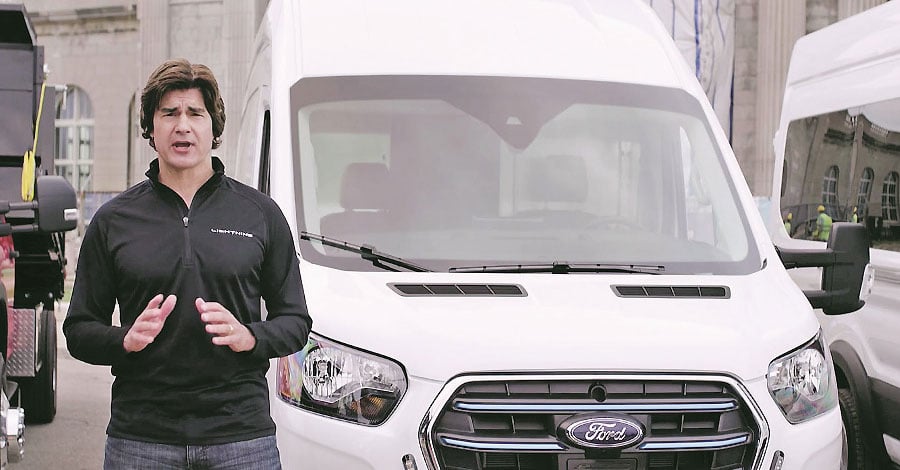
Ford taps commercial customers for new revenue streams: Automakers for months have been trying to convince dealers and investors that they can generate significant revenue from monthly subscription services. Ford Pro, the automaker’s commercial business unit, is proving it’s not just a theoretical concept. Ford says it already has 400,000 customers who pay for monthly charges related to telematics services, charging solutions and other features, and it aims to triple that number by 2026. Such an approach can be quite lucrative: Ford Pro says it expects customers on average to spend $2,000 a year on subscriptions. But even as Ford Pro proves out the success of subscriptions for fleet customers, Automotive News looks at the questions that remain about its viability on the retail side.
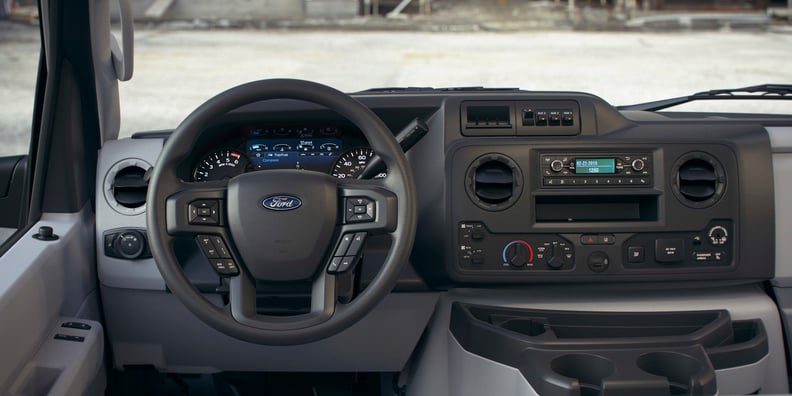
Are concerns about the demise of AM radio in cars premature? The invention of the television, the birth of FM frequencies, satellite radio and the digital audio boom have all brought with them doomsday predictions of the eventual death of AM radio. So far, they’ve all been wrong. The latest alarm bells started sounding with the plans of a number of automakers to eliminate AM radio from some of their vehicles. In a tweet, Ford CEO Jim Farley announced the decision to keep AM radio in all 2024 Ford and Lincoln models and restore it on two electric vehicles via a software update. The announcement followed the introduction of legislation in Congress last week to bar automakers from eliminating AM radio on new cars and light trucks, citing safety issues. Automotive News has the latest.
 |
|---|
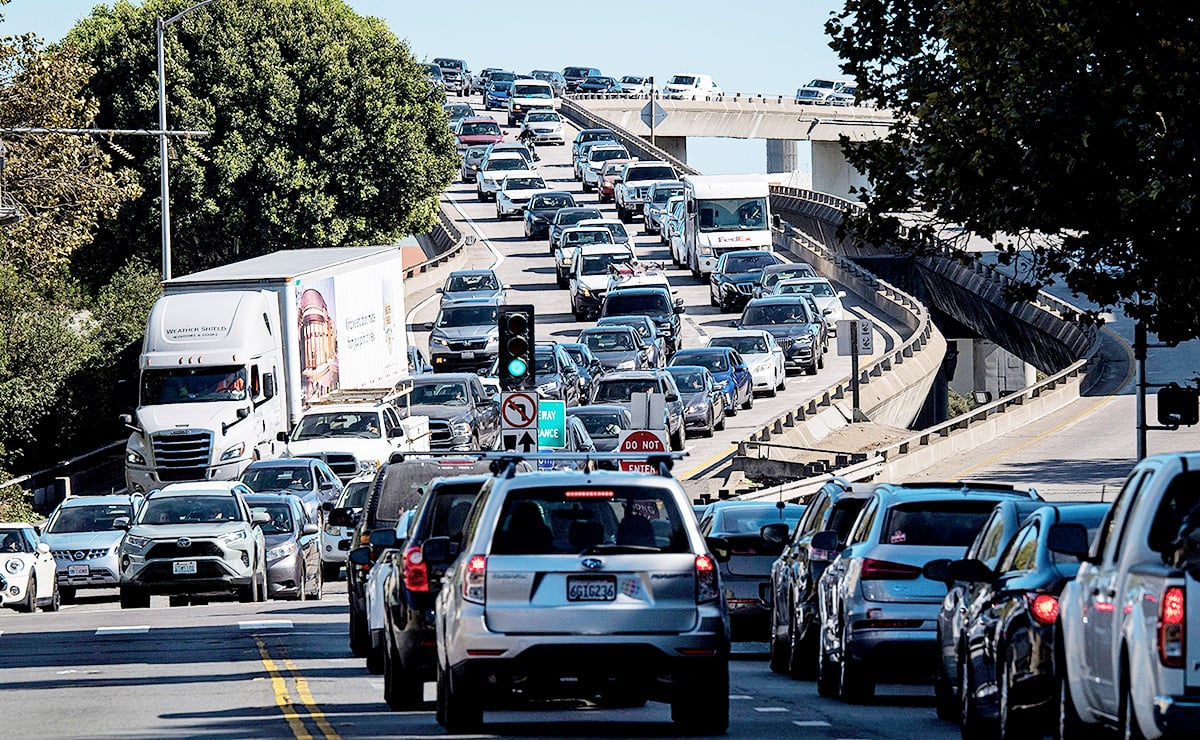
Will sales of new gasoline-only vehicles soon be a thing of the past in California? Soon may be a somewhat relative term here, but if California has its way, all new vehicles sold in the state in 2035 will be either electric or plug-in hybrids. The Biden administration has repeatedly refused to endorse setting a date to phase out the sale of gasoline-only engines. But the California Air Resources Board is asking the EPA to approve a waiver under the Clean Air Act to implement its new rules. And other states are beginning to follow California’s lead, adopting EV rules more stringent than what the Biden administration has proposed. Automotive News looks at the showdown and how it’s playing out.
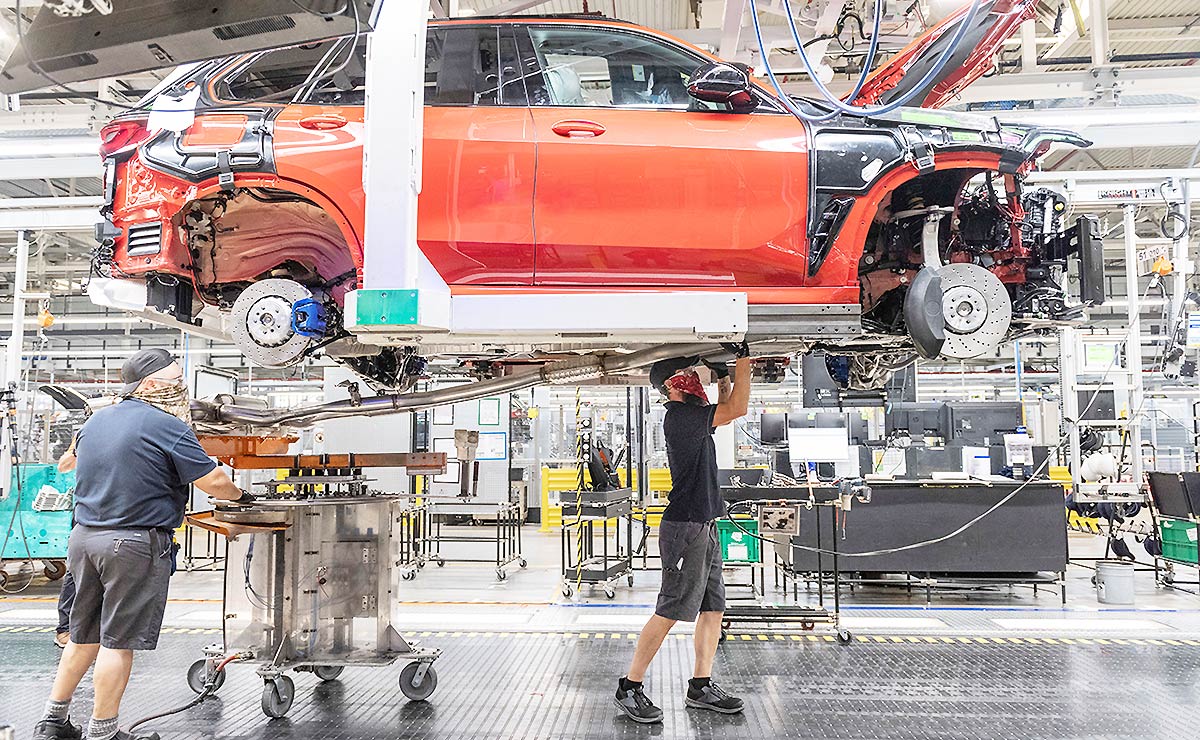
Automotive talent war escalates in South Carolina: Volkswagen Group’s decision to build a 4,000-employee electric truck factory in central South Carolina could put the squeeze on another German automaker in the state. BMW Group, which operates its largest assembly plant in the world about 100 miles from the site of VW’s planned factory, is reportedly concerned the result will be much greater competition for production workers.
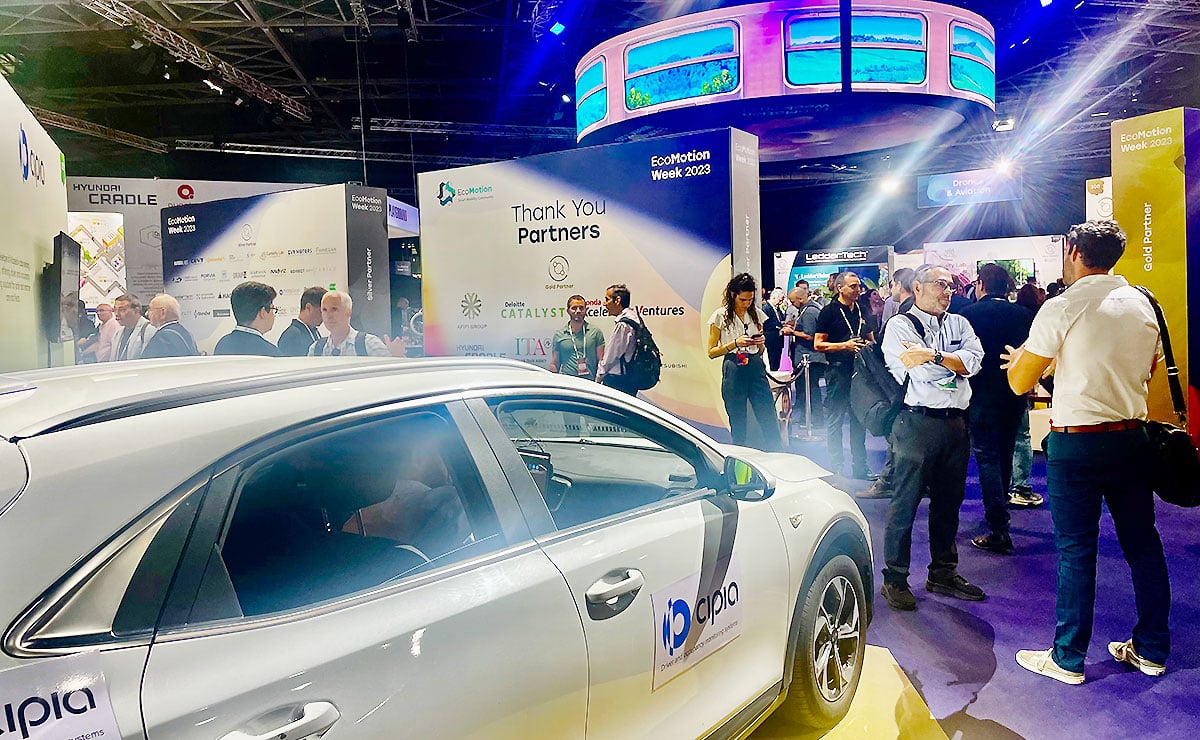
Israeli startups show autonomous driving, sensor technology at EcoMotion: Israeli automotive technology startups hoping to mirror the success of Mobileye showcased their innovations for venture capitalists, automakers and Tier 1 suppliers here at the annual EcoMotion Week conference. There are more than 650 automotive and mobility technology startups in Israel, with 110 exhibiting at the conference.
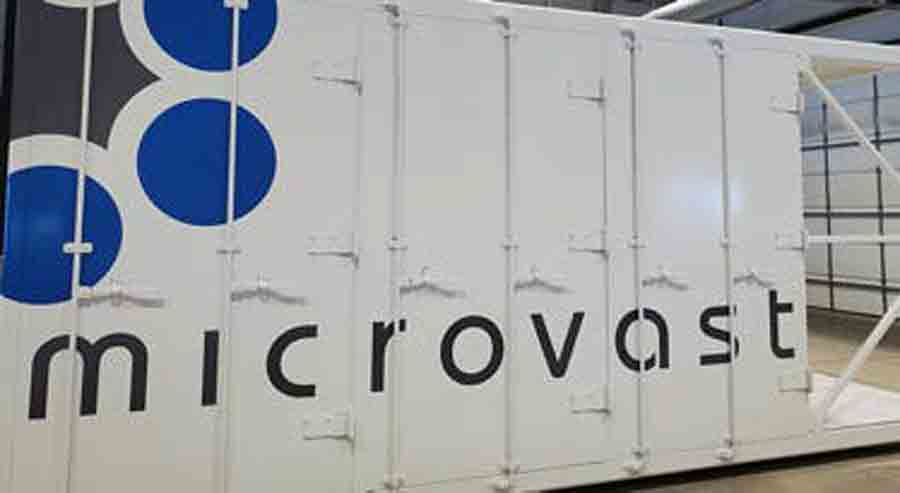
Battery supplier Microvast eyes options after U.S. cancels $200 million grant: Lithium ion battery supplier Microvast Holdings said it is considering all options after the U.S. Energy Department canceled a $200 million grant following lawmakers’ concerns over its alleged links to China. The grant, which stemmed from the $1 trillion 2021 bipartisan infrastructure law, was to help Microvast build a plant in Tennessee.
 |
|---|
 |
|---|
 |
|---|
June 3, 2011: Texas auto dealer Ramsay Gillman, who built his family business into one of the state’s largest dealership groups, dies at his home in Houston at age 67.
Gillman was a second-generation owner of Gillman Cos. In early 2010, he sold 99 percent of the company to his three children — daughter Stacey Gillman Wimbish and sons Jason and Christopher. “They got a very friendly lender,” he said. “I got some real good tenants, and I’ve still got a place to go in the day.”
Ramsay’s father Frank started the business with a Pontiac dealership in 1938. Ramsay began his career working in the parts department there. He and his brother Martin later took over the business. Ramsay bought Martin out in 1998, the same year he served as president of the National Automobile Dealers Association.
